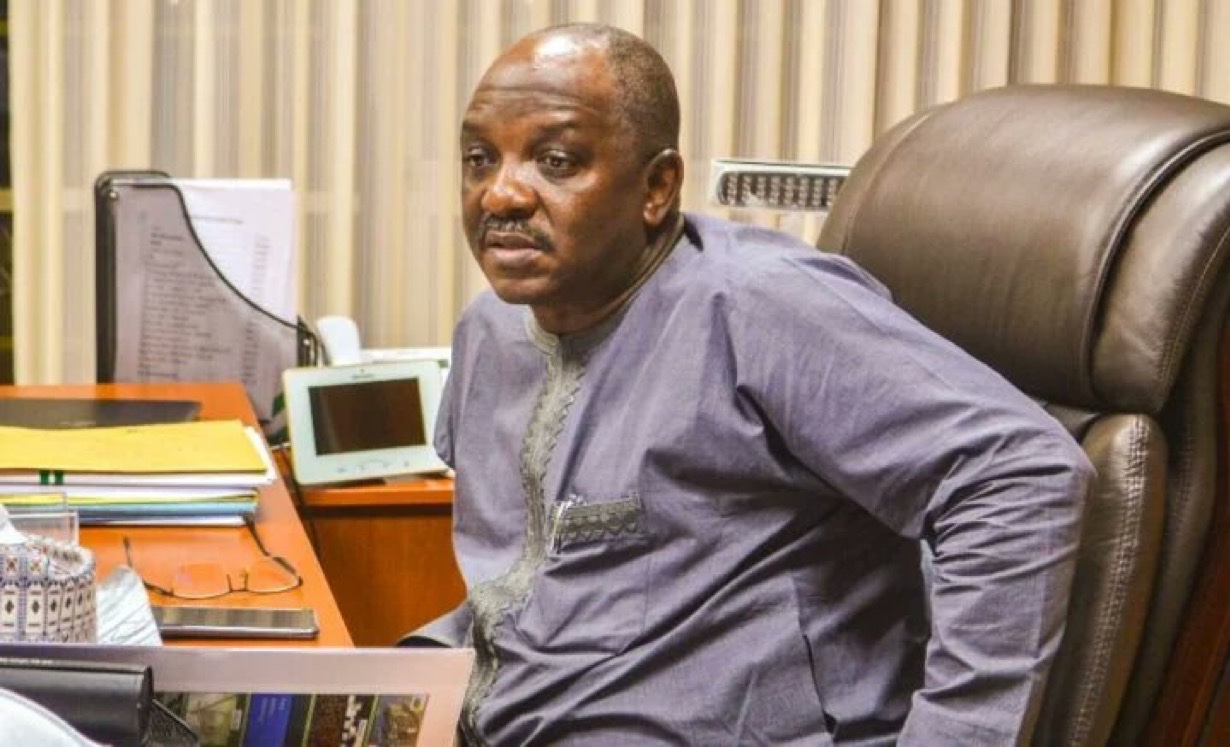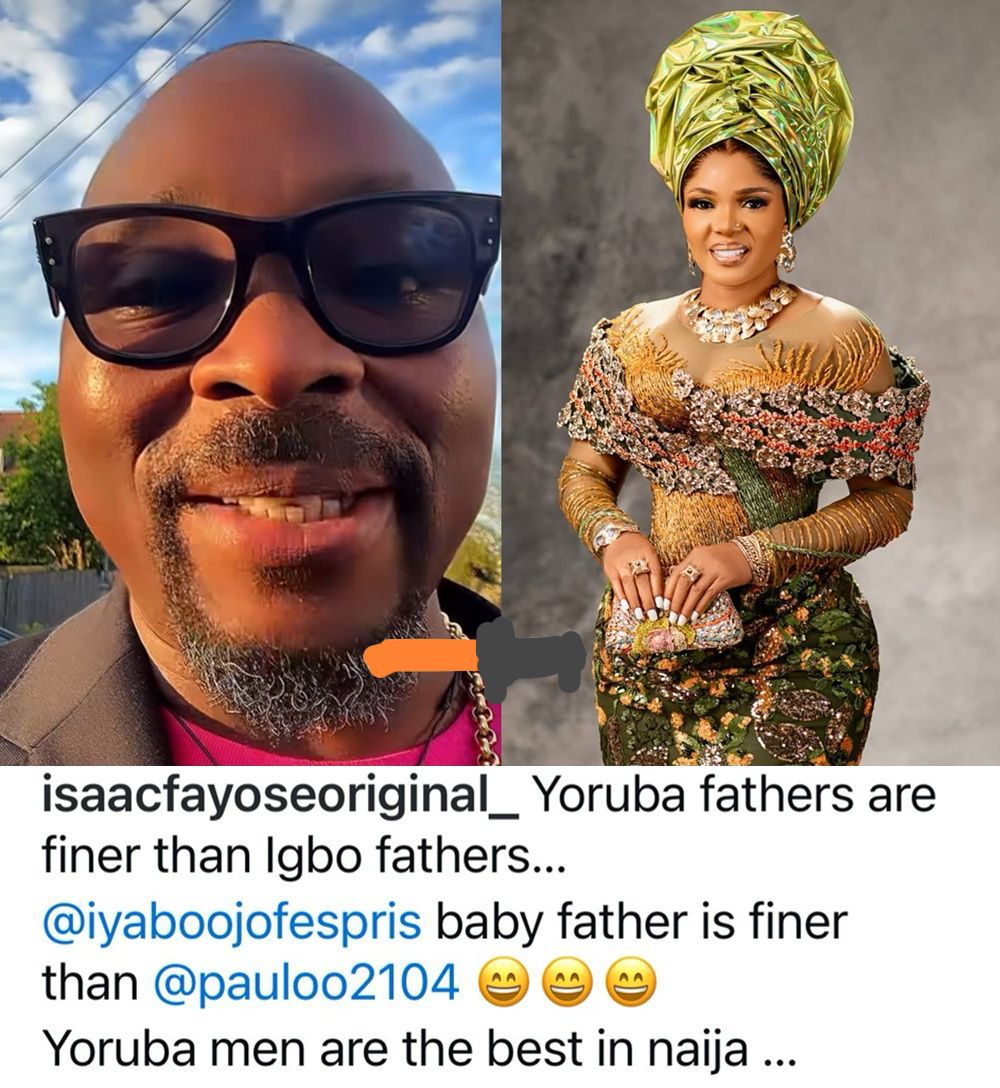
EFCC Plays Video Evidence in Former Minister of Power Saleh Mamman’s ‘N33 Billion Fraud’ Trial

In a significant development in the ongoing legal battle against corruption in Nigeria, the Economic and Financial Crimes Commission (EFCC) has introduced compelling video evidence in the trial of Saleh Mamman, the former Minister of Power.
Mamman, who served under ex-President Muhammadu Buhari, is facing allegations of orchestrating a massive N33 billion fraud.
The EFCC presented the video during a court session on April 10, 2025, at the Federal High Court in Abuja, aiming to demonstrate that Mamman’s confessional statements were given willingly, despite his assertions of being coerced by the anti-graft agency.
Mamman’s legal troubles began when he was arraigned on July 11, 2024, on 12 counts of money laundering related to the Zungeru and Mambilla hydroelectric power projects.
The EFCC has accused him of conspiring to launder a staggering N33.8 billion, equivalent to approximately $21 million, through illicit financial dealings.
According to the prosecution, funds meant for critical power projects were diverted to over 13 unauthorized entities, including companies like Prymint Investment Ltd, Gurupche Business Enterprise, and Shipikin Global Enterprises, among others.
These revelations came to light during a court session in September 2024, when the EFCC presented its first witness, shedding light on the scale of the alleged financial misconduct.
The video evidence presented by the EFCC is a pivotal moment in the trial. It shows Mamman, in a calm and composed manner, admitting to making cash payments of N5 million to avoid scrutiny from financial institutions.
This testimony was supported by EFCC investigator Abubakar Kwaido, who took the stand during the trial-within-trial.
The prosecution, led by Rotimi Oyedepo, used the video to counter Mamman’s claims that his confessions were extracted under duress, a defense often employed in high-profile corruption cases in Nigeria.
The EFCC’s strategy appears to be focused on establishing the voluntariness of Mamman’s statements, which could significantly strengthen their case against the former minister.
The trial has sparked widespread reactions on social media, particularly on X, where users have expressed a mix of frustration, cynicism, and cautious optimism about the case.
Some, like @Innocris123, questioned whether Nigeria can ever overcome its systemic challenges, asking, “Can this country ever work again?” Others, such as @Tetulatony, urged Mamman to confess, while @prettyoma22 highlighted the lack of choice for those targeted by the government, stating, “Once the government comes for you, you either join them or join them.”
The sentiment reflects a broader public disillusionment with governance, especially given the irony that a former Minister of Power, tasked with improving electricity access, is now embroiled in a scandal that may have contributed to the sector’s woes.
As @SanyaoluS noted, “Na all this people no make us get better power supply for this country.”
This case underscores the EFCC’s ongoing efforts to tackle corruption among Nigeria’s political elite, particularly in sectors like power, which have long been plagued by inefficiency and mismanagement.
Mamman’s trial is not just about one individual; it symbolizes the broader struggle to hold public officials accountable and restore trust in governance.
As the trial progresses, Nigerians are watching closely, hoping for justice in a case that could set a precedent for future anti-corruption efforts in the country.


